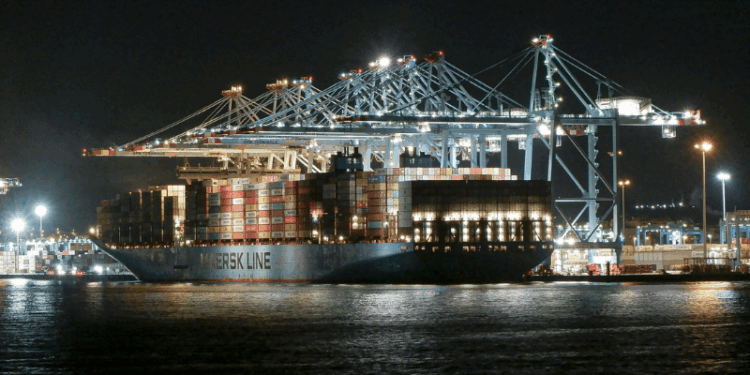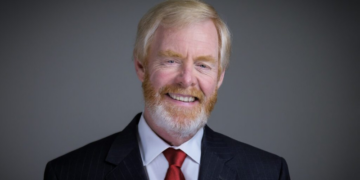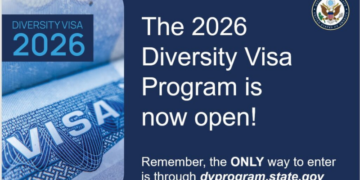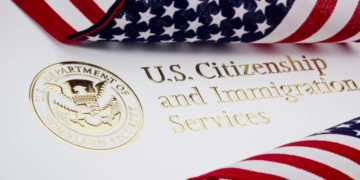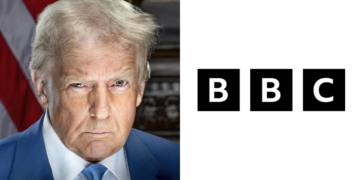President Donald Trump announced a fresh wave of tariffs on Sunday, July 6th, targeting countries aligned with the BRICS economic bloc. The 10% import tariff will apply to all nations that, according to Trump, support “anti-American policies” tied to BRICS. The announcement came via Truth Social as the White House prepares to enforce a July 9th deadline for finalizing bilateral trade agreements.
Formal notification letters were dispatched on July 7th, with more expected in the days leading up to the deadline. Officials say that between 10 to 15 countries will receive either tariff enforcement notices or offers to negotiate. If no agreement is reached, the tariffs will take effect starting August 1st.
BRICS, which includes Brazil, Russia, India, China, South Africa, and the United Arab Emirates, responded with criticism during its summit in Rio de Janeiro. In a joint statement, members expressed “serious concern” over the growing use of unilateral tariffs, warning of global economic disruption. An IMF report released last week supports this concern, highlighting the potential for slower global growth tied to protectionist trade moves.
Treasury Secretary Scott Bessent emphasized that the tariff suspension, which began on April 2nd, is set to end on July 9th. He warned during a press briefing that without finalized trade deals, tariffs would revert to their April 2nd levels by August.
China, Vietnam, and the United Kingdom are the only countries that have secured trade agreements with the United States so far. Under the deal with Vietnam, exports to the U.S. are taxed at 20%, while American goods enter duty-free. China agreed to a 30% tariff rate and has paused its retaliatory measures. The U.S. Trade Representative confirmed the details of these agreements.
Although the BRICS proposal for a shared currency has stalled, the group continues to promote alternatives to the U.S.-led financial systems. Trump had previously warned of 100% tariffs if the bloc moved forward with its joint currency initiative.
China’s Foreign Ministry pushed back against the tariff threat, reiterating its stance against using trade as a political weapon. Meanwhile, Commerce Secretary Howard Lutnick confirmed most affected nations will receive final decisions before July 9th.
Despite criticism, the administration maintains that inflation remains stable, citing a modest 0.1% increase in wholesale prices for May. However, trade experts caution that reducing reliance on China may prove more challenging than anticipated, especially in key sectors such as rare earths and battery components.

